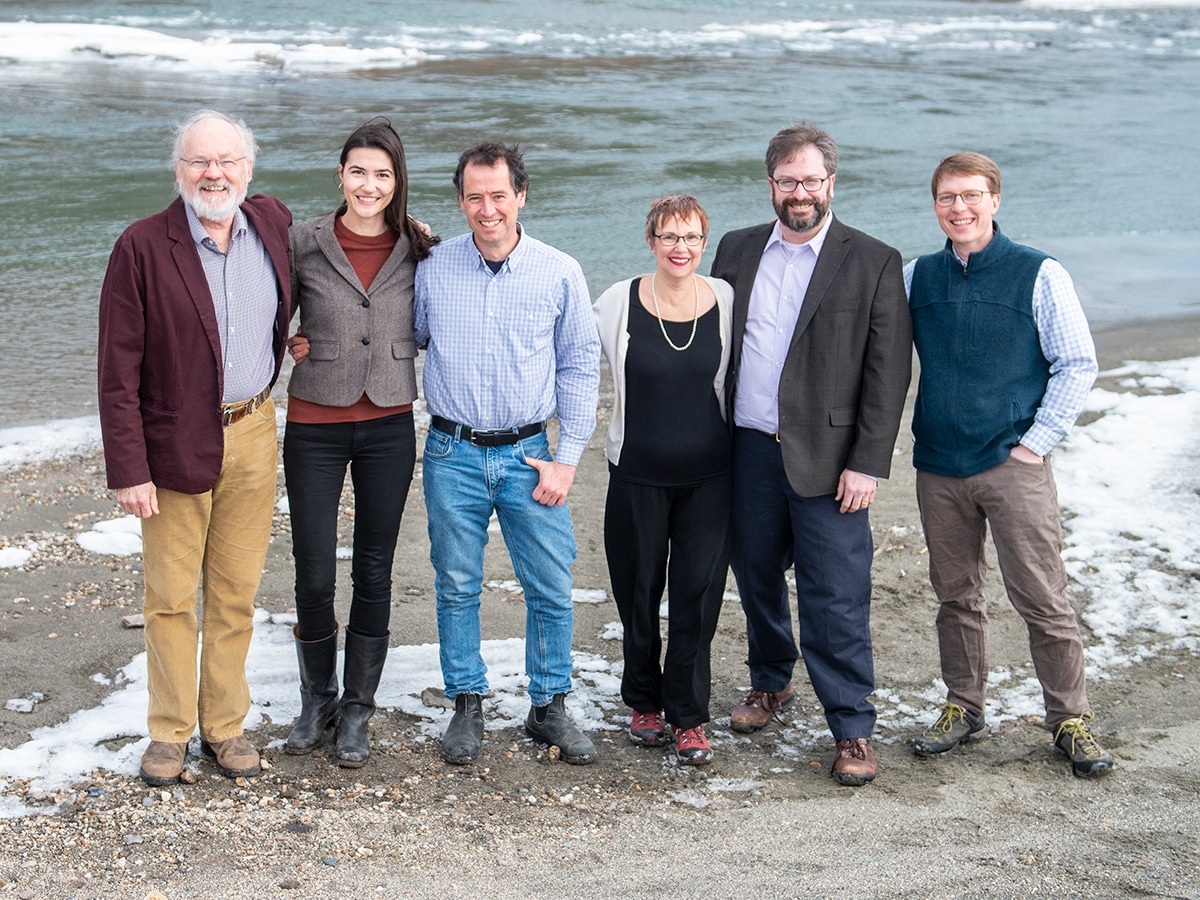May 14, 2020
Does filling a person’s body with toxic chemicals constitute injury?
That’s the question residents of Hoosick Falls, New York raised when they sought justice from the companies that contaminated their drinking water. Supported with an amicus brief from Vermont Law School’s Environmental Advocacy Clinic (EAC) and partners at Earthjustice, the community argued that the answer is yes—and on Tuesday, a court ruled in their favor.
Living in the shadows of Saint-Gobain Performance Plastics Corp. and Honeywell International factories, residents of the small village have long suffered from uncommonly high rates of cancer and other maladies tied to industrial pollution. Toxic chemicals that made their way into the town’s water are now evident in its citizens’ blood. The most worrisome is perfluorooctanoic acid (PFOA), a highly stable toxin that sits in the body for years, accumulating in tissues and organs and contributing to cancers, thyroid disease, infertility, and other problems.
Turning back time is not possible for victims of PFOA contamination, but close medical monitoring guided by leading scientific experts is essential in order to detect and treat diseases as early as possible. In 2016, members of the community sued Saint-Gobain and Honeywell International for the cost of that monitoring. The companies declined, arguing in court that residents were not “injured” unless they were already showing obvious symptoms.
Vermont Law School’s Environmental Advocacy Clinic, which offers pro bono representation to communities struggling to seek justice, partnered with the nonprofit Earthjustice to create and file an amicus brief in the case on behalf of numerous organizations concerned about environmental toxins.

The attorneys and student clinicians argued that allowing medical monitoring for tortious exposure is necessary due to significant gaps in the regulation of toxic chemicals. “The average person has no idea that they are exposed to chemicals every day that have never been proven safe,” said Ken Rumelt, senior attorney in the Environmental Advocacy Clinic. “Most of these chemicals—like PFOA—aren’t subject to enforceable water quality and drinking water standards.”
On May 18 the United States Court of Appeals for the Second Circuit ruled in favor of the plaintiffs. That means residents of Hoosick Falls can sue the companies for the cost of medical monitoring—and it sets a precedent for communities around the country fighting to protect their public health. “This is a major win for victims of toxic exposure in New York and beyond,” Rumelt said. It will hopefully send a signal for companies to stop putting toxics into the environment long before people get sick.”